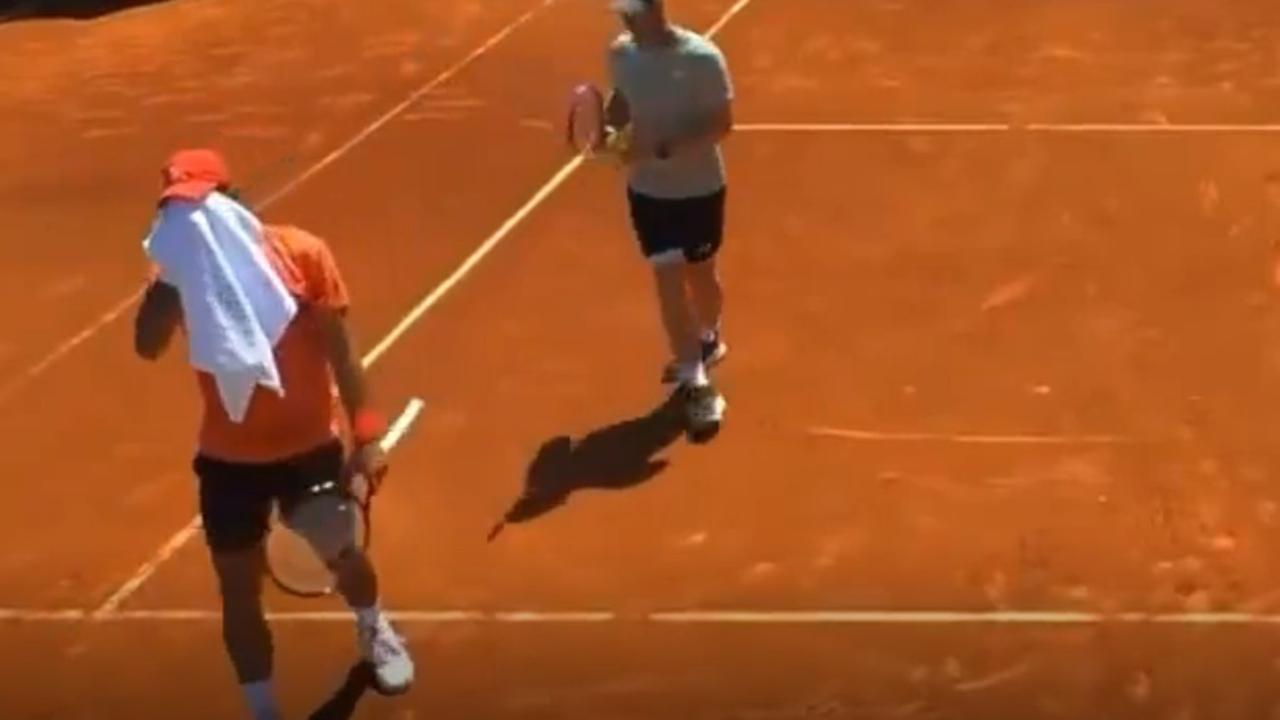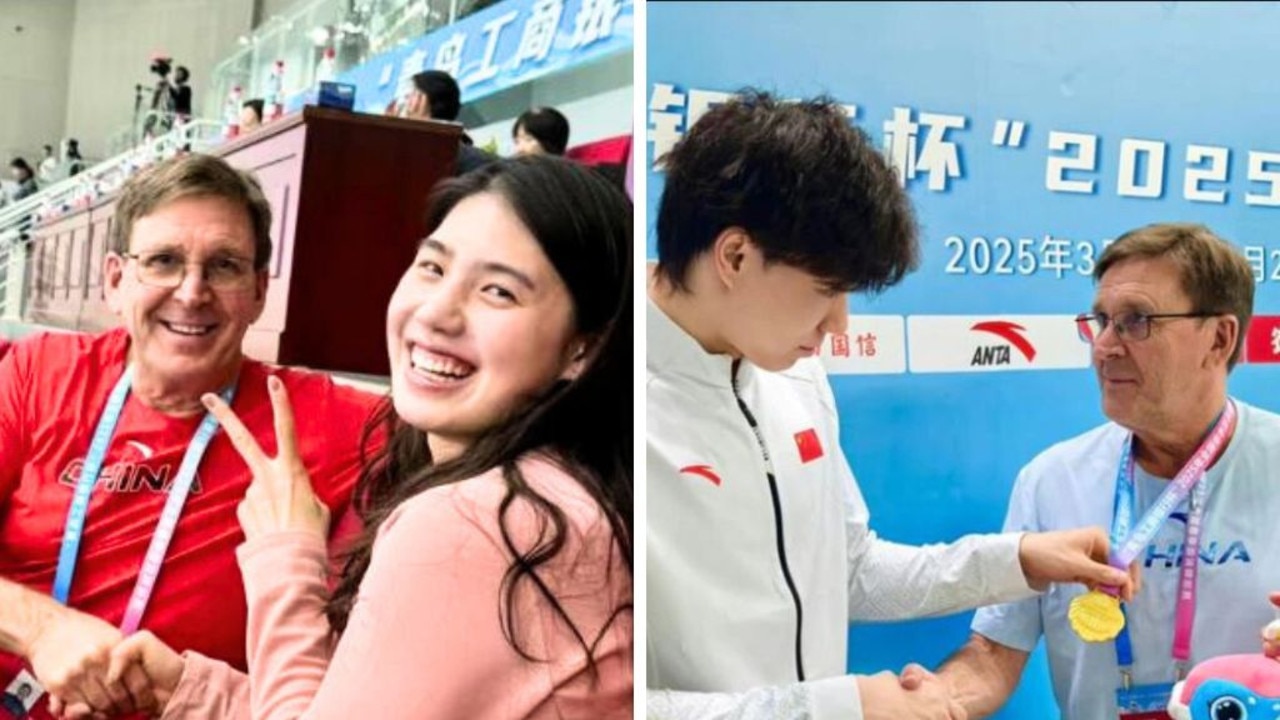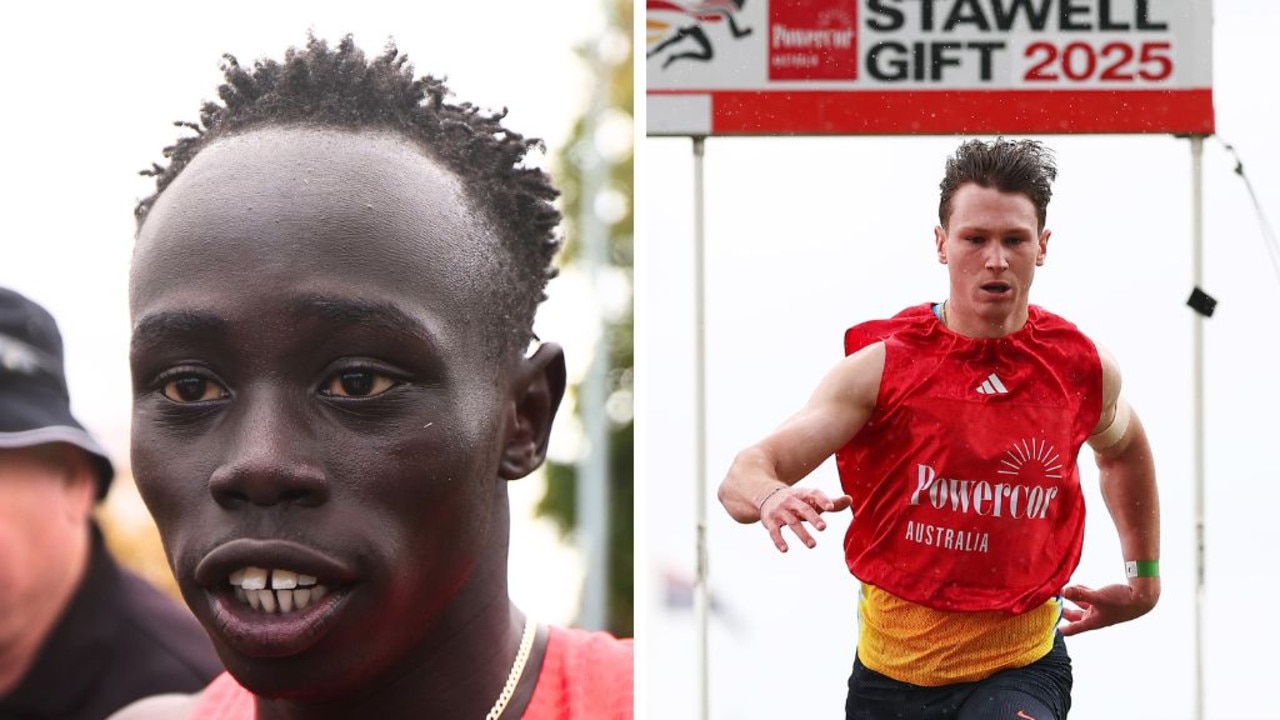2032 Brisbane Olympics the nation’s greatest opportunity for a true sporting legacy
The 2032 Olympics in Brisbane is about to change everything for sport in Australia and inspire a whole new generation of athletes.
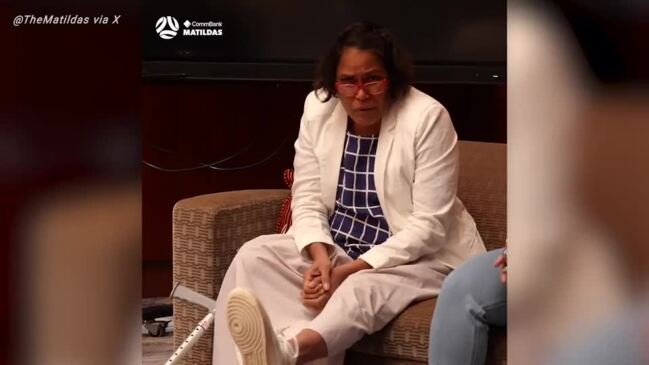
COMMENT
Amid the fallout around Victoria’s withdrawal from the 2026 Commonwealth Games, a debate greater than the political one being held in the Victorian halls of power has sprung up around the nation - how much are the Olympics really worth to us, arguably the most sports-mad nation on earth?
What’s the point of it all?
Some Australians wonder openly what our obsession with sports is, insisting it is all mindless frivolity, and indeed the modern Olympics particularly since Athens 2004 has been decried as a senseless festival of gauche posturing, leaving wasted opportunity in its wake.
But it’s not for nothing - Melbourne in 1956 took the Olympics to the world and live television to Australians. Sydney in 2000 rang in the new millennium with the biggest party the world had ever seen.
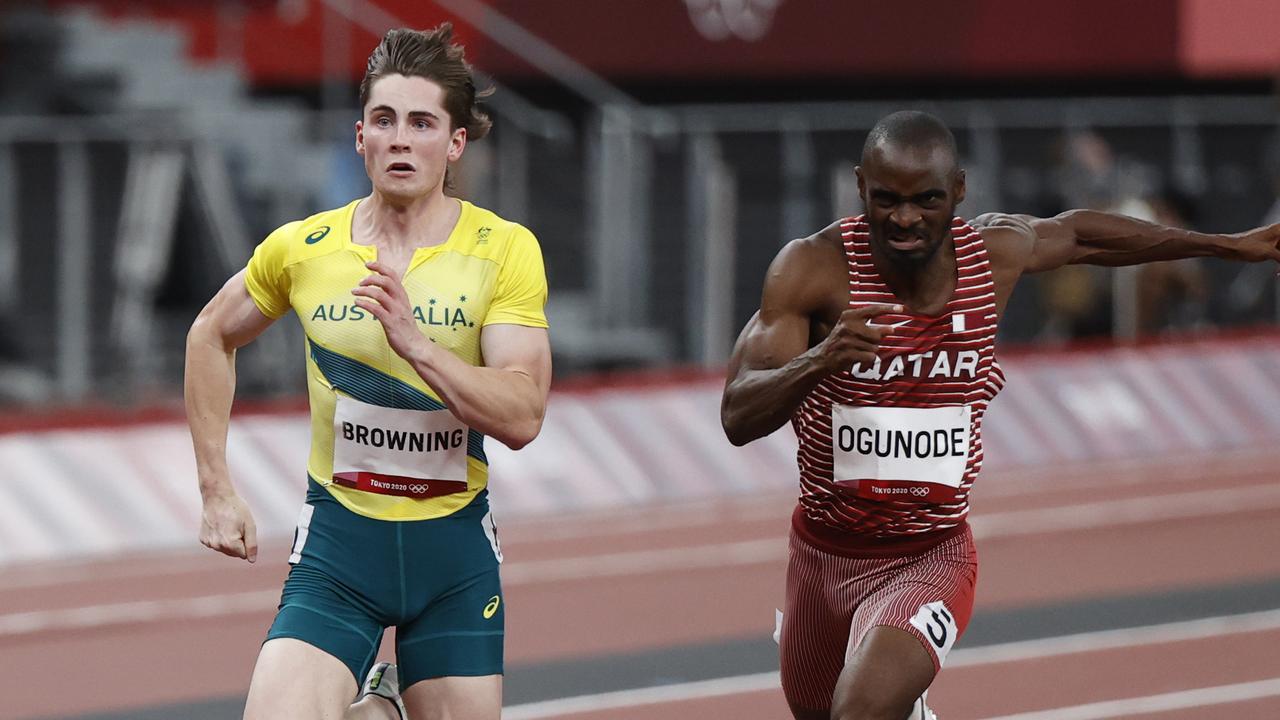
Now it’s Brisbane’s turn, and there’s an opportunity for Queensland to have a generational impact on Australian sport - and even to change our view on what our nation’s greatest sports are.
We’ve all seen the extraordinary impression this FIFA Women’s World Cup has left on our country. The Matildas have galvanised a nation like no one before them in their magical run to the semifinals.
But when they were asked who inspired them, it wasn’t another` footballer. It was an Olympic icon - Cathy Freeman.
Our domestic codes are close to our hearts, but it is the Olympics that unite us like nothing else.
We all remember where we were when we see Olympic moments, and even more so when it involves the green and gold.
Freeman’s lighting of the Olympic cauldron and iconic choice to wrap herself with both the Aboriginal and Australian flag in 2000 spoke to a new understanding of what it meant to be Australian.
When Freeman stormed to victory in the 400m, when Ian Thorpe and co smashed the Americans like guitars, when Steven Bradbury remained standing, when Steve Hooker flipped himself to a world record in Beijing, or Anna Meares came back from a broken neck, we remember where we were, and it inspires generations.
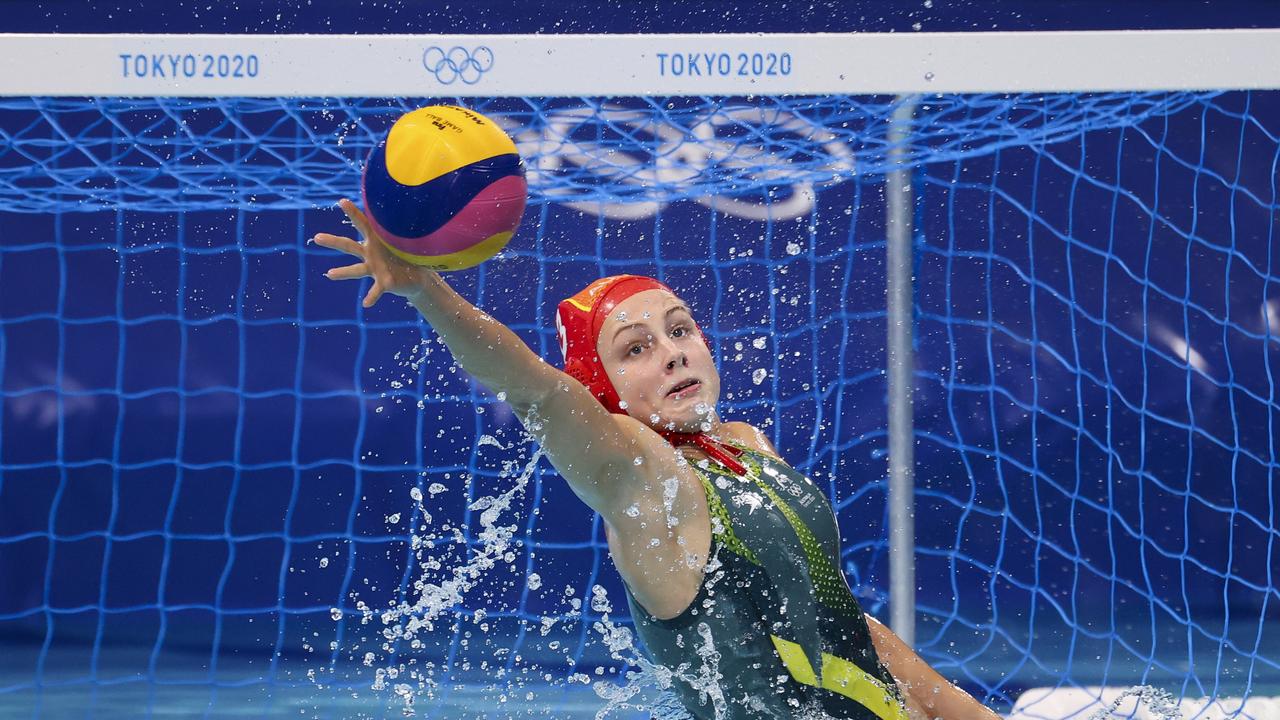
While there are a laundry list of complaints about the Games, they highlight the importance of planning.
That Brisbane’s Olympic precinct is set to be altogether more centralised than Sydney’s Olympic Park, and has maintained a focus on ensuring the longevity of the facilities built, something that should be gratifying for those concerned of infrastructure white elephants.
By the arrival of the Games in 2032, Queenslanders will have a redeveloped premier stadium in the Gabba and a new swimming arena, as well as the development of a centre of excellence for para-sport.
It’s not the hosting of events by themselves that bring us generations of new athletes, and the infinite intangible benefits that come from allowing access to sport from the grassroots up, but facilities.
It has been the bare minimum of investment in women’s football that has seen the Matildas take our nation on a journey we wouldn’t have dared dream of - why can’t we do the same for our track athletes, weightlifters and canoeists?
The Olympics will also place a timeframe on the development of critical infrastructure including the Cross River Rail project, and the Brisbane Metro bus rapid transit system, with the Gabba renewal project including plans to convert Olympic venues to live music venues in order to maintain their sustainability beyond the Games.
The Games doesn’t need participation rates or television eyeballs to change Australian sport forever - it simply needs to be.
Our national self-image is to an incredibly significant extent rooted in sport, and there is no bigger stage than the Olympics. When else do our non-mainstream athletes get the chance to have the nation’s eyes and support upon them?
With respect to our water polo team, track cyclists and high jumpers, the only time they are in the national consciousness are Olympic years, and they deserve that spotlight - not to mention the significance of the Paralympic Games for disabled athletes.
The children of this country deserve to be shown that their sporting dreams can exist outside the realms of the often-insular footy codes, and that they can be whatever they want to be.
Brisbane 2032 may not revolutionise the sporting world. It may not usher in a new cultural dawn. It may not be much more than a big old party.
But it will show our children that they can be more than just centre half-forwards and hulking fast bowlers, and that’s a valuable sporting legacy we can give our nation.
When it comes down to it, the greatest Australian sports are the ones we remember the moments of, and it’s the Olympics that creates that, more than anything else.




